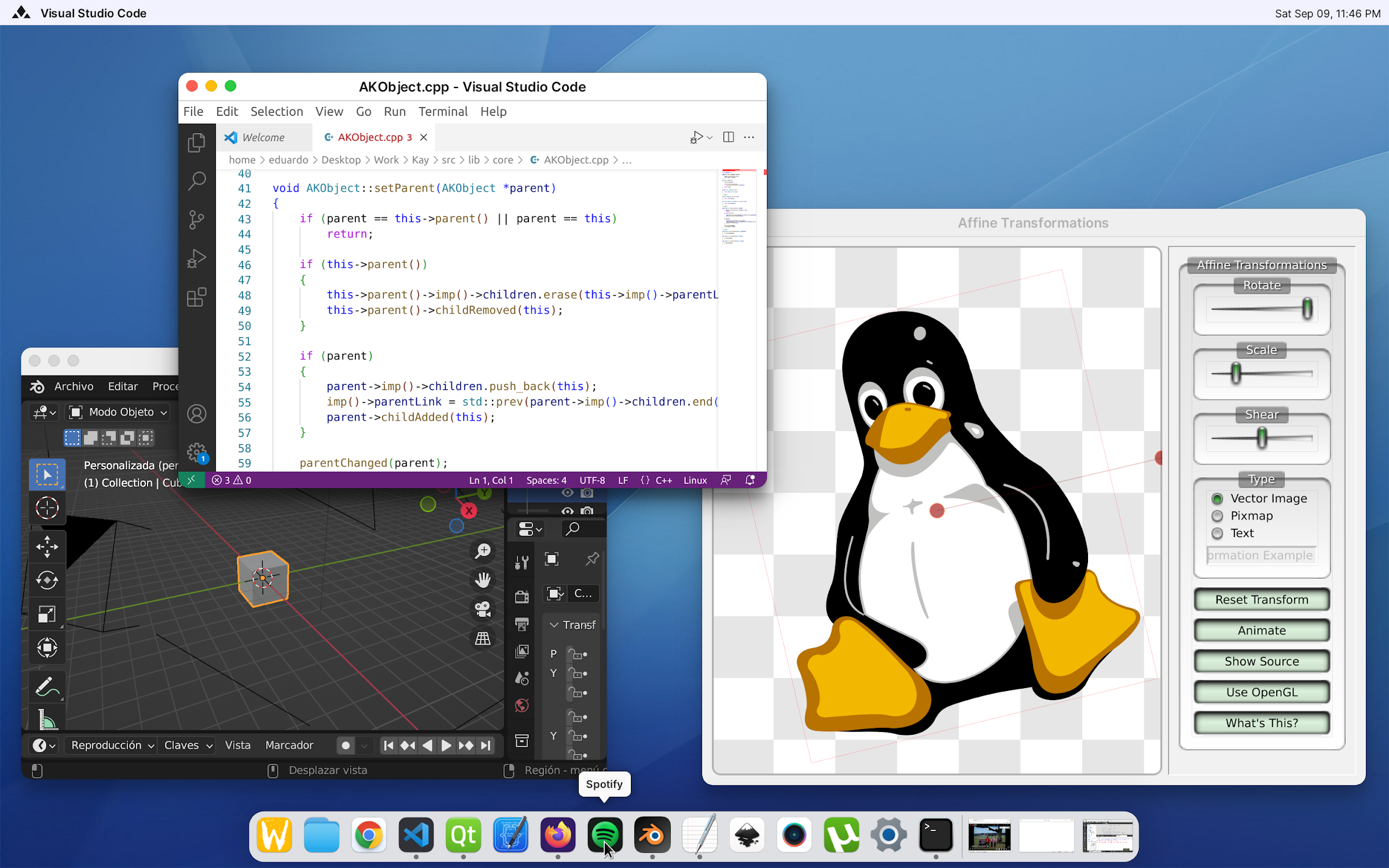this post was submitted on 14 Nov 2023
229 points (99.1% liked)
Linux
56880 readers
638 users here now
From Wikipedia, the free encyclopedia
Linux is a family of open source Unix-like operating systems based on the Linux kernel, an operating system kernel first released on September 17, 1991 by Linus Torvalds. Linux is typically packaged in a Linux distribution (or distro for short).
Distributions include the Linux kernel and supporting system software and libraries, many of which are provided by the GNU Project. Many Linux distributions use the word "Linux" in their name, but the Free Software Foundation uses the name GNU/Linux to emphasize the importance of GNU software, causing some controversy.
Rules
- Posts must be relevant to operating systems running the Linux kernel. GNU/Linux or otherwise.
- No misinformation
- No NSFW content
- No hate speech, bigotry, etc
Related Communities
Community icon by Alpár-Etele Méder, licensed under CC BY 3.0
founded 6 years ago
MODERATORS
you are viewing a single comment's thread
view the rest of the comments
view the rest of the comments

I actually already created a library for that called Heaven (https://github.com/CuarzoSoftware/Heaven), but I want to rewrite it to make it simpler and add backends for different IPC mechanisms (Unix domain sockets and D-Bus).
It allows apps to create as many menu bars as they want. The idea is that when one of its toplevel windows is activated, it can notify the “topbar app” to display a specific menu bar. The compositor also informs the “topbar app” about the currently active client. So, it has three APIs: one for apps, another for the “topbar app,” and another for the compositor. Apps are identified by their PID.
Now, with respect to the second question, a long time ago, I tried to create a compositor using QtWayland, which had the most documentation at that time. However, it had some problems with certain interfaces that made the compositor crash. So, I then looked for wlroots but could find no documentation whatsoever, so I decided to start from scratch. As time passed, I began to learn and understand how protocols work, realizing that one of the most challenging things was implementing protocols correctly, as there are too many interfaces that depend on each other, and you need to implement them all before you can see results and validate that it works. That’s why I decided to create this lib, even as my university thesis, with the focus of offering a default and basic implementation of each protocol so that developers can see a functional compositor from the start and then gradually and specifically override whatever they need, being able to validate each feature they add immediately. Of course, there are many other complicated things I had to learn, such as the DRM/KMS API, buffer sharing through DMA, among other stuff. I really appreciate wlroots, though. I learned a lot by analyzing its source code, and surely today I would be able to create a compositor with it, hahaha.
Well that's awesome. I'll take a closer look at this in a couple days. Maybe even contribute if I have the time :P
That would be great! 😀